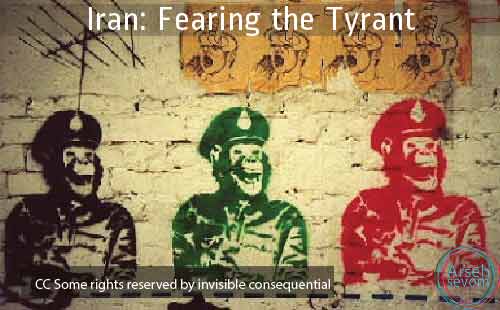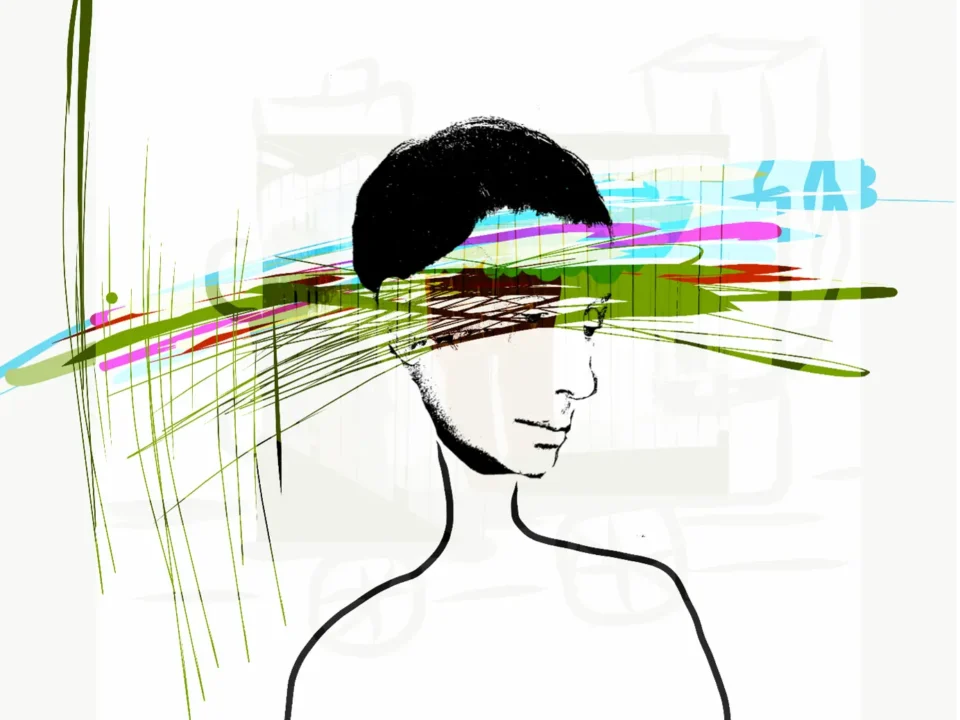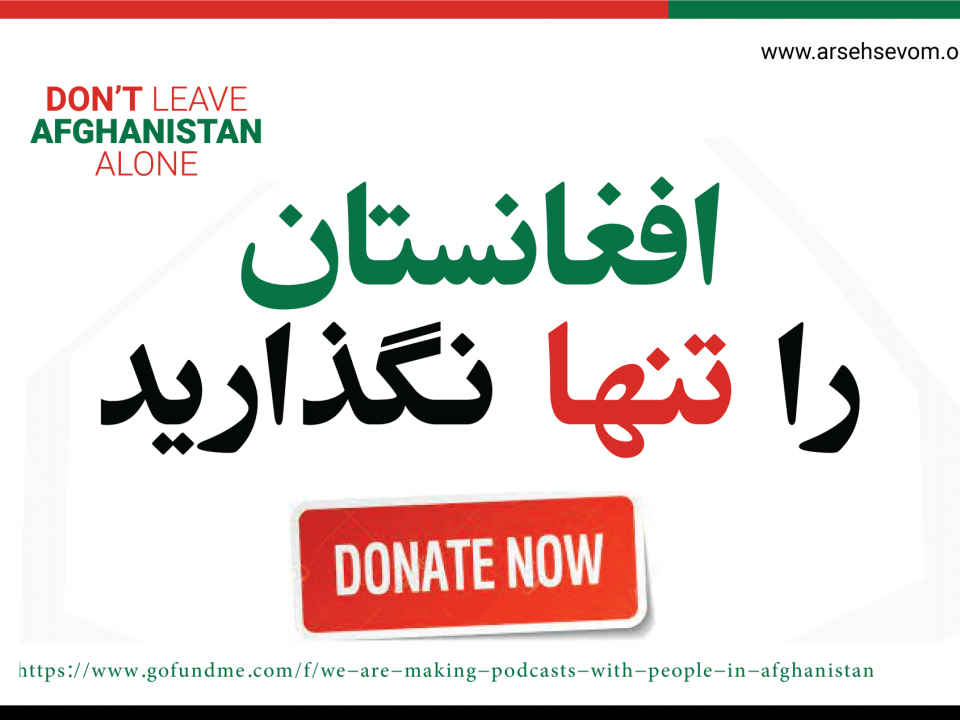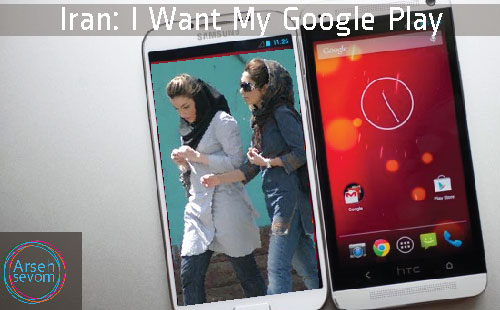
#Iran — I Want My Google Play
September 2, 2013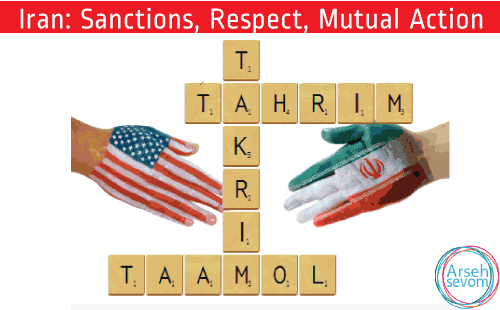
#Iran: Can Word Games Lead to Action and Real Change
September 9, 2013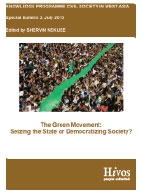
The Green Movement:
Seizing the State or Democratizing Society? Edited by Shervin Nekuee, published by the Hivos Knowledge Programme
Arseh Sevom–The final post of a three-part series summarizingthe Hivos report, The Green Movement: Seizing the State or Democratizing Society, examines the long struggle for democracy in Iran and the stunted growth of its civil society. Editor Shervin Nekuee states that “The most essential question these citizens have to deal with is whether they are capable of preventing the arrival of yet another tyrant…” Civil Society activist Sohrab Razzaghi says, “The fundamental issue is that the idea of a civil society is not yet considered a social project among Iranian intelligentsia and social forces […]”
by Elena Cavagni
Fearing the Tyrant, Not the Change
Shervin Nekuee evaluates the the path Iranians have been taking to democracy beginning with the Constitutional Revolution (1896-1907) to the most recent presidential elections in 2013. Although still unfulfilled, the century-long struggle for democracy, along with subsequent regime changes, brought about progressive development and modernization in terms of infrastructure, income, and education. According to the author and editor of the report, this trend can be traced back to the manifestation of the people’s power during the Constitutional and Islamic Revolution. Nekuee writes:
“Iran is modernizing and the Iranian citizen is emancipating. The kind of struggle, the slogans and the kind of dictatorship against which people protest: they all show that modernization and emancipation are ongoing processes in Iran, albeit with trial and error”.
This includes the struggle of Iranian civil society within the Green Movement. Nekuee adds:
“Iranians have always kept in the back of their minds an uprising against the establishment as an option…the question is not whether Iranians are capable of overthrowing yet another regime. The most essential question these citizens have to deal with is whether they are capable of preventing the arrival of yet another tyrant – a fear that probably also restrained people from resorting to more violence in the 2009 protests.”
The Need for a Civil Society Project
The last chapter is an interview with Sohrab Razzaghi by the Iranian journalist Mehdi Owrand. Currently holding the chair of the Arseh Sevom School [Editor’s note: not a part of Arseh Sevom], Sohrab Razzaghi shares his deep understanding of Iranian civil society with the twofold aim of explaining its relationship with the Green Movement and presenting their structural shortcomings for achieving democracy.
Echoing other authors, Razzaghi finds it problematic that the heterogeneity of Iranian civil society has not been assimilated into the Green Movement:
“The middle class […] has not been able to encompass or represent all […] of the diverse social groups and forces and civil society institutions.”
Due to a history of despotism and tyranny, Iranian democratic forces have been unable to establish a strong and powerful civil society. As a result, civil society still lacks awareness of its own role, responsibilities, and capacities in leading a transition to a sustainable democracy:
“The fundamental issue is that the idea of a civil society is not yet considered a social project among Iranian intelligentsia and social forces […]”
The empowerment of leaders and activists must come together with the formulation of a long-term strategic plan. Razzaghi states:
“I think the leaders and activists must develop an agenda with […] a minimum and a maximum programme. The minimum programme must stress the need to dismantle the totalitarianization of society […] Although in the past few years civil society has taken some serious blows and has suffered a lot, at the same time, these blows have made it stronger”.
From the last four years of experience, Iranian civil society has learned the importance of sustainable planning, leadership capacity, effective communication with all actors, and realistic awareness of government power. Razzaghi states:
“There is chance for a civil society in undemocratic systems and closed societies; hence, the role of civil activists is crucial”.


